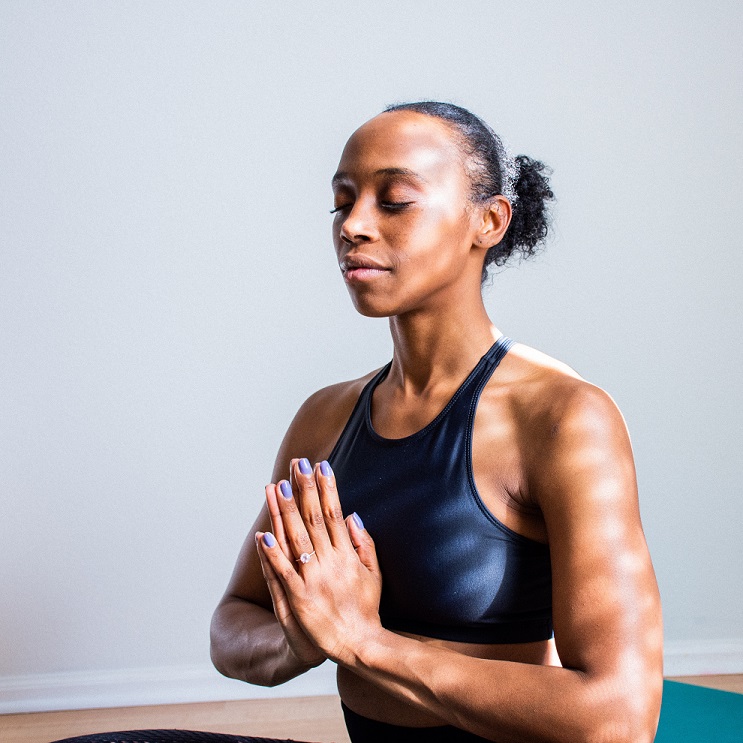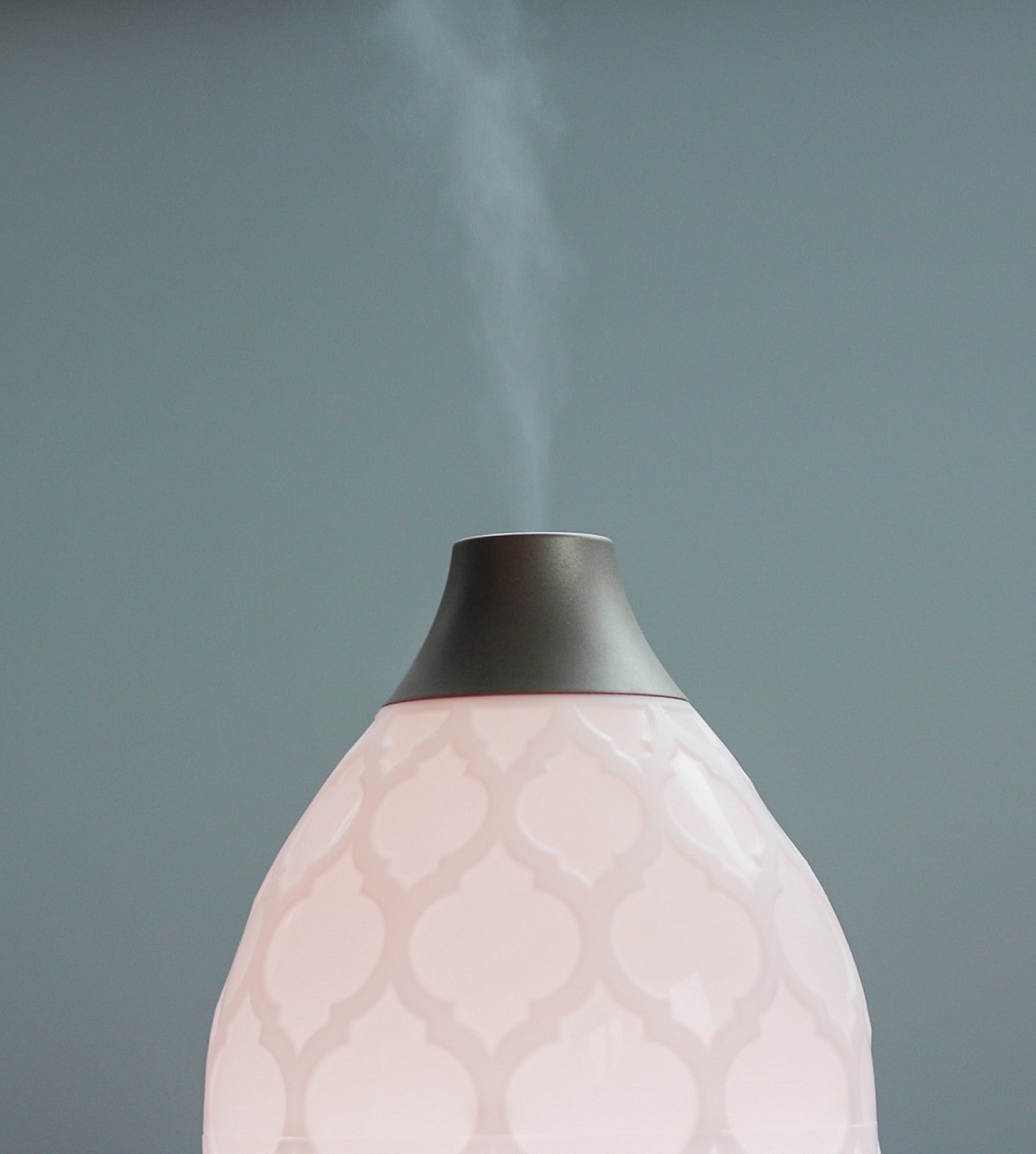Tagged Under:
The Power of a Stress-Relieving Routine
Anchor your day with a stress-relieving routine. A schedule with pockets of time carved out for self-care is vital for music educators.
Flexibility. Focus. Creativity. And so many things to keep moving. Let’s face it: Music educators are consummate jugglers.
There’s so much to plan, from teaching and organizing try-outs, to running rehearsals and overseeing performances and competitions. There are administrators to support, students to mentor and, sometimes, parents to placate. COVID-19 and the challenges of teaching remotely have thrown additional layers of stress and chaos into the mix.
It’s only natural that you’d be feeling overwhelmed. According to the National Center for Health Statistics, one in three American adults is currently feeling either depressed or anxious, which is why it’s vital to create a schedule with pockets of time carved out for self-care. That’s where stress-relieving routines come in. These routines anchor the day and bring a sense of ease.
People who have a stress-relieving routine in place tend to make more efficient use of their time, make better food choices, sleep better and enjoy better overall health. In times of uncertainty, having a routine makes us feel grounded and less stressed.
 Morning Routine: Setting Intention
Morning Routine: Setting Intention
Start the day off gently with some stretches, a mug of coffee or tea, and at least 16 ounces of water. Most of us are dehydrated first thing in the morning, which can be mistaken for fatigue.
Next, make time for at least a few minutes of meditation. According to the Mayo Clinic, even a short session will carry lasting benefits throughout the rest of the day. The type of meditation — focusing on the breath, saying an affirmation or a moving meditation like yoga or tai chi — isn’t as important as taking the time to focus and center. Regular meditators are better able to manage stress and deal with information overload. And meditation boosts creativity and imagination.
In addition to its physical benefits, exercise is also good for the brain, aiding cognition and reducing depression and anxiety, according to the Centers for Disease Control and Prevention. Whether to exercise in the morning or evening is largely a matter of personal preference, and most experts seem to agree that the key question comes down to: What time of day are you most likely to stick with?
However, working out early in the day may have a slight advantage. A recent study from the International Journal of Obesity reports that people who knocked out their workouts early in the day lost more weight than people who exercised later in the day, even when both groups were doing the exact same regimens. This may be due to the fact that starting the day on a healthy note leads to healthier choices throughout the rest of the day.
One last stress tip for the morning: Finish a hot shower with a blast of cold water. According to some research, a brief cold shower may have anti-depressive effects and may reduce cortisol, the stress hormone.
Midday Routine: Pause to Refresh
 Sure, you’re in the zone now, and it can be hard to stop for a break. But remember that taking a brief midday reset for self-care will make you a calmer, more patient teacher the rest of the day, better able to come up with creative solutions when your students come to you with their needs. So, resist the urge to work straight through the lunch period by setting an alarm on your phone to nudge you toward a healthy meal and a physical break.
Sure, you’re in the zone now, and it can be hard to stop for a break. But remember that taking a brief midday reset for self-care will make you a calmer, more patient teacher the rest of the day, better able to come up with creative solutions when your students come to you with their needs. So, resist the urge to work straight through the lunch period by setting an alarm on your phone to nudge you toward a healthy meal and a physical break.
Refuel with foods that are high in antioxidants, such as beans, berries, walnuts, vegetables and spices like turmeric and ginger. That’s because, according to Harvard Medical School, foods rich in antioxidants may lower anxiety.
Instead of a soda, boost your mood and avoid jittery stress with a short walk. Getting a little vitamin D exposure via outdoor exercise improves mental wellbeing, according to researchers from the Loyola Chicago University School of Nursing, and improves overall quality of life.
 Afternoon Routine: Assess and Reset
Afternoon Routine: Assess and Reset
By 3 p.m., your energy is naturally lagging, and tasks can feel insurmountable. Stress grows. The solution? Move things off the mental load and onto a list (a digital one like ToDoist or on paper, whatever your preference).
Assess what tasks can realistically get done for the day, prioritize what is most impactful and move everything else onto your future list. Writing down goals, to-do’s and ideas at the end of the school day helps you to avoid stewing about them at 11 p.m.
If you’re caffeine sensitive, beware the late-afternoon coffee break — caffeine can stick around in your system for up to seven hours, making it hard to get to sleep. For a non-caffeine energy boost, place a few drops of mood-enhancing essential oils in a diffuser. Try grapefruit, lemon, bergamot or myrrh.
 Evening Routine: Reclaiming Identity
Evening Routine: Reclaiming Identity
At the end of the work day, power down electronics, physically move away from your workspace, even change out of work clothes into after-hours attire. All of these cues help your body and mind transition out of career time into relaxing time.
As you segue into the home or family sphere, be mindful. Even if you have been working from home near your loved ones, you still may need to take time to reconnect with them. If you have children, spend a few minutes building a tower, working on a puzzle or reading a story before launching straight into the evening. If it’s you and a partner, perhaps you can savor a glass of wine or chat for a few minutes to have that transition and reconnection, which may help reduce friction later.
For dinner, stress-reducing meal choices include complex carbohydrates, such as brown rice or quinoa, and vegetables. According to UCLA’s Center for East-West Medicine, these foods coax the brain to produce serotonin and stabilize blood pressure, both of which reduce feelings of stress. For dessert? The center recommends dark chocolate, which boosts cognition and mood, and lowers anxiety.
For balance and focus, spend a few nights a week nurturing the other facets of your identity — you are, after all, more than a music educator. Maybe you’ll go for a long run, paint, attend a virtual panel discussion or savor learning to play a new instrument as a hobby.
Bedtime Routine: Wind Down
To thrive physically and mentally, adults need between 7 and 9 hours of sleep every night, according to the National Sleep Foundation. A consistent pre-sleep routine, such as reading or sipping a favorite herbal tea, signals your brain that it’s time to start thinking about switching into resting mode.
Enjoying a 15-minute Epsom salt bath may increase production of the hormone serotonin, which is associated with relaxation and happiness. If you want to really up the ante, add a few drops of lavender essential oil.
By the time you slip into bed, your body will be completely relaxed and primed for an excellent night of restorative rest. And you’ll be ready to take on another day of teaching, come what may.















